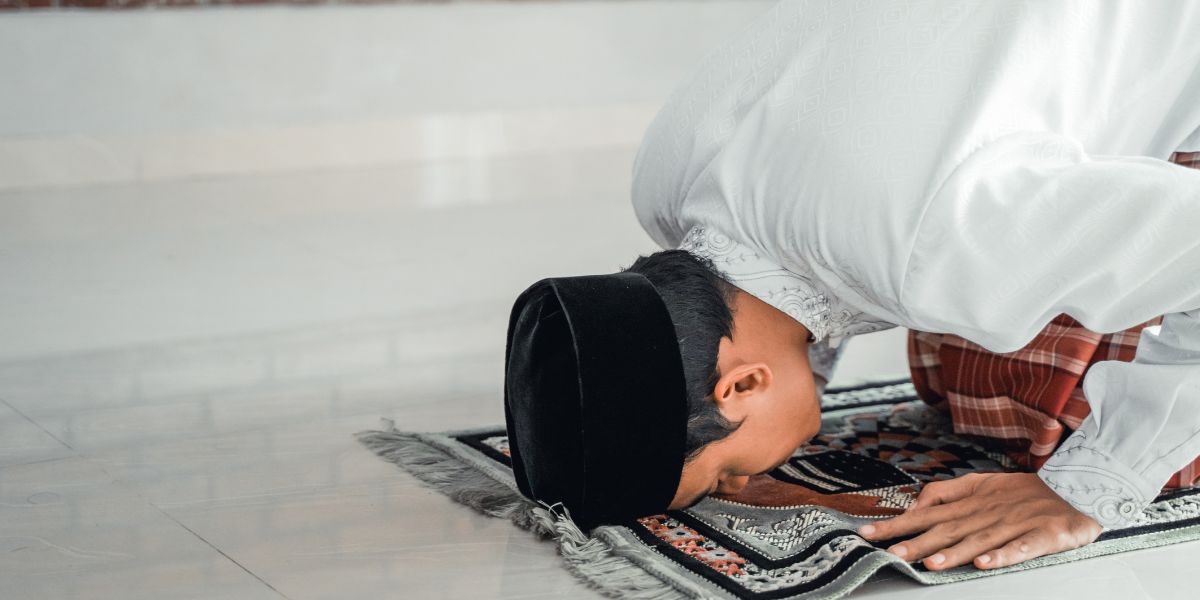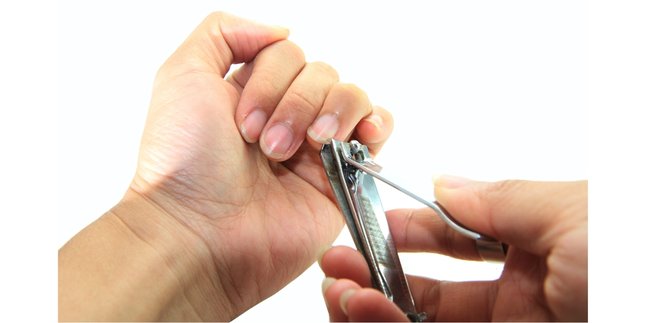Kapanlagi.com - Dhuha prayer, a highly recommended sunnah worship for Muslims, holds countless virtues for those who perform it regularly. However, before proceeding to perform the Dhuha prayer, it is important to know the schedule for today and until what time so that our worship aligns with the guidance of the Prophet Muhammad SAW.
Knowing the time for performing the Dhuha prayer is not only beneficial for those who want to carry out this worship, but also for every Muslim who wishes to understand more deeply about this noble act of worship. By knowing the time limits for the Dhuha prayer, we can more easily manage our daily activities without neglecting the opportunity to gain great rewards.
In this article, we will discuss in depth the Dhuha prayer schedule for today, complete with relevant supporting evidence. Check out the full review only at Kapanlagi.com, Monday (9/12/2024). Don't miss the opportunity to expand your knowledge and strengthen our worship!
1. What Time Does Dhuha Prayer End Today?
Dhuha prayer is a blessed Sunnah worship, performed in the morning after sunrise until just before the noon prayer. According to the majority of scholars, the time for Dhuha prayer today starts around 20-30 minutes after sunrise, which is between 07:00 and 11:00 AM, giving Muslims an opportunity of 3-4 hours to earn rewards from this worship.
However, there is also an opinion that Dhuha prayer can start earlier, about 10-15 minutes after sunrise, based on hadith indicating that the Prophet Muhammad (SAW) performed it while the sun was still low. In essence, although there are differing opinions, what is most important is to perform the Dhuha prayer with sincerity and according to one's ability, because Allah SWT knows the intentions and efforts of His servants.
By knowing the schedule for Dhuha prayer today, we can manage our time better to attain the promised virtues.
2. What is the Most Important Time for Dhuha Prayer Today?
Although the schedule for Dhuha prayer today is relatively long, the Prophet Muhammad (SAW) has marked the most important time to perform it. In a hadith narrated by Muslim, the Prophet said that the prayer of awwabin, which means returning to obedience to Allah SWT, should ideally be performed when the young camels start to feel the heat of the sand due to the scorching sun.
This time is estimated to be around 09:00 AM, when the sand in the barren desert of Arabia begins to burn the soles of the passing camels' feet. At this time of intense heat and peak activity, we are encouraged to take a moment to detach ourselves from worldly busyness and "converse" with the Creator through Dhuha prayer.
However, if this main time is not possible, don't worry! We can still perform Dhuha prayer within the designated time frame. The most important thing is to carry it out with sincerity and hope for the pleasure of Allah SWT.
3. Guidelines for Dhuha Prayer
To ensure that our Dhuha prayer is valid and in accordance with the teachings of the Prophet Muhammad SAW, there are several important steps that we need to pay attention to.
First, the intention for the Dhuha prayer must be made in the heart, without being spoken, with the intention of "Ushalli sunnatat dhuha rak'ataini lillahi ta'ala", which means "I intend to pray the Sunnah Dhuha two rak'ahs for the sake of Allah Ta'ala".
Next, we raise both hands to the ears (for men) or shoulders (for women) while saying "Allahu Akbar" to begin the prayer. For those who are able, the Dhuha prayer should preferably be performed in a standing position, but if there are obstacles, we are allowed to sit or lie down.
In the first rak'ah, after reciting Al-Fatihah, it is recommended to recite Surah Ash-Shams, and in the second rak'ah Surah Ad-Dhuha, although other short surahs are also permissible.
The movements of the Dhuha prayer follow the pattern of obligatory prayers, starting with bowing (ruku'), prostration (sujud), and ending with the final sitting (tahiyat).
Finally, the minimum number of rak'ahs is two and the maximum is eight, with the Prophet Muhammad SAW often performing four or eight rak'ahs, always in even numbers.
4. The Virtues of Dhuha Prayer
Dhuha prayer, an act of worship full of virtues, holds various extraordinary benefits for Muslims. The Prophet Muhammad (SAW) taught that by performing four rakaats of prayer in the morning, our needs will be fulfilled during the day.
Moreover, for those who perform the Fajr prayer in congregation, engage in dhikr until sunrise, and then perform the Dhuha prayer, they will receive rewards equivalent to that of Hajj and Umrah. Not only that, regularly performing Dhuha prayer for 12 rakaats will expiate sins and build a palace in paradise.
In addition to its spiritual aspects, Dhuha prayer is also beneficial for physical and mental health, as it is performed in the morning when the air is still fresh, making it the best remedy for the soul, as stated by the Prophet.
(kpl/rao)
Disclaimer: This translation from Bahasa Indonesia to English has been generated by Artificial Intelligence.












